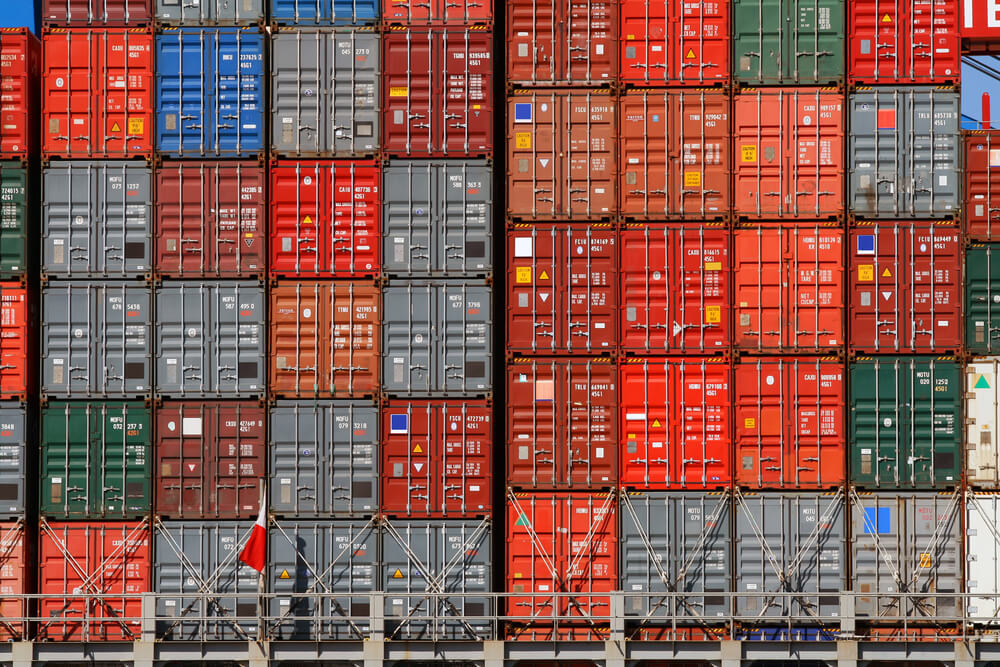
As China conducts its largest Covid-related lockdown in two years, the global economy braces for a ripple effect.
“Containing the large-scale outbreak in our city is very important because, once infected people are put under control, we have blocked transmission,” a member of Shanghai’s Covid team reportedly said.
With a population of upwards of 26 million, the city’s seaport initially remained open. Chinese officials planned to employ a two-phase restriction system that could rival the 11 million people who were ordered to remain in place in Wuhan during the first wave of the pandemic. Recent “zero Covid” policy quarantines in Hong Kong and Shenzhen reportedly helped global fuel prices tick down a few cents. They also resulted in supply chain speed bumps.
Reports of the potentially massive Shanghai quarantines also caused U.S. crude oil to drop by 7 percent. Prices at the pump remained relatively static, and the per-barrel cost stood approximately 40 percent higher than the same period in 2021. Even with modest diesel relief, the Shanghai crisis could have a less than desirable impact on American ports and truckers.
For example, the Tesla plant in Shanghai reportedly called for a minimum four-day closure on the news of the Omicron spread. Elon Musk may not necessarily experience production stoppages that affect American consumers, but other vital manufacturing operations could prove debilitating. Semiconductor Manufacturing International Corp operates a pair of facilities in the area. Any work stoppage could once again result in widespread consumer products getting backlogged. Early reports indicate Chinese officials plan a “closed-loop” work cycle that could result in stockpiles not leaving port.
“Warehouses have shut down and transportation to and from the port has been disrupted,” Zou Xiaodong, vice general manager at Shanghai Gangxian International Freight Forwarding, reportedly said. “Many drivers worry that they can transport the goods to the port but cannot return from the port because of the stringent pandemic restrictions.”
Shipping giants such as Maersk posted early warnings that global supply chain stakeholders would be well-served to plan for delays and inventory shortages. Maersk offered the following insights for others in the supply chain.
Some depots in Shanghai remain closed from March 28 until further notice.
- Trucking service in/out Shanghai will be severely impacted by 30 percent due to a full lockdown on Shanghai’s Pudong and Puxi areas in turn until April 5.
- All the warehouses in Shanghai will remain closed through April 1.
- AIR operations in Shanghai for existing cargo in warehouses stay normal. However, new cargo acceptance will be impacted due to the first mile delivery and labor resource constraints.
Truckers in China are reportedly required to present a Nucleic Acid Test every 48 hours to transport freight freely. News of Shanghai shutting down prompted cargo vessels to change routes and divert products. How this impacts truckers transporting containers, store inventories, and inflation remains to be seen.
Sources: wsj.com, maersk.com, cnn.com











Leave a Comment